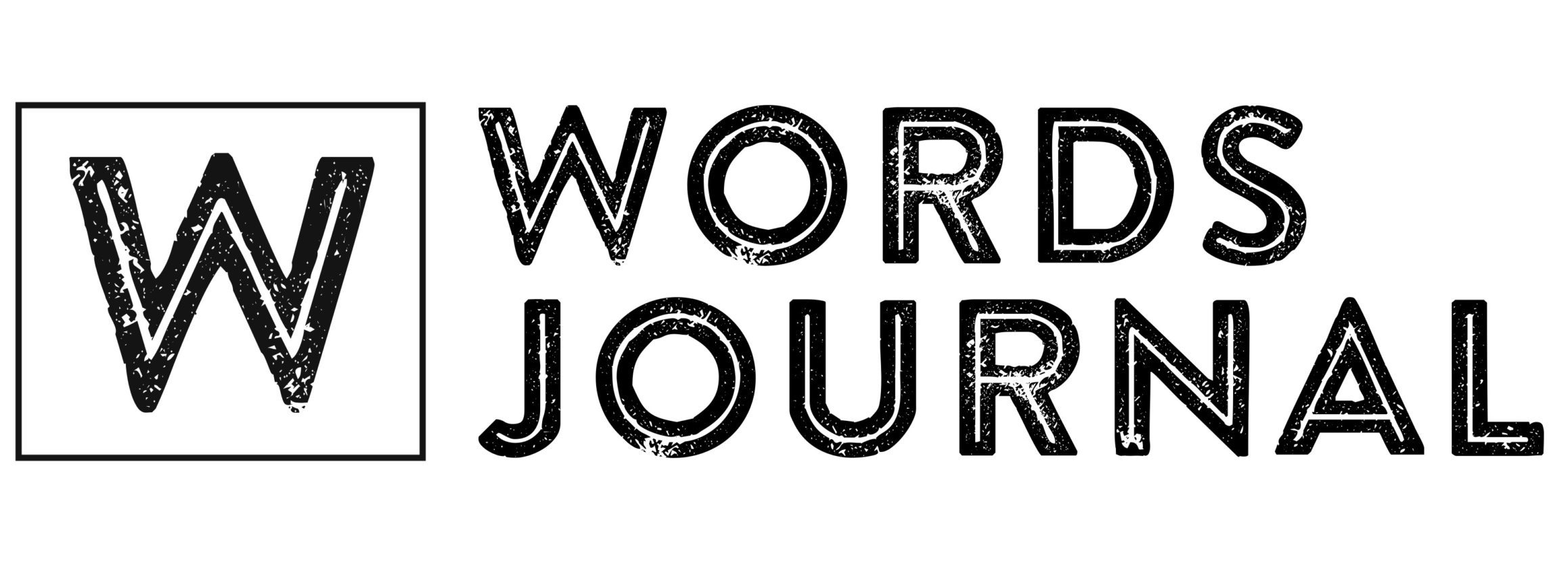Helen Lee Schifter has been at the forefront of the national conversation about wellness in the wake of the Coronavirus pandemic. The pandemic has had so many casualties and fatalities worldwide and the sheer images of the devastation the pandemic has wrought is overwhelming. It’s nearly impossible for anyone not to be absolutely overcome with emotion when considering the way this pandemic has literally had such a drastic economic and human toll on so many – totally changing certain lives in a way that will never be able to be rectified.
According to Helen Lee Schifter, there have been efforts that have been made by many to take this time to think. In day-to-day work in the workforce there isn’t much time anyone is left with to think clearly about all of the different factors and variables that exist in one’s life and the priorities at stake. But that changes over time. It’s important for us to consider these factors now that we have the downtime to do so. The Coronavirus pandemic has wreaked untold and unseemly havoc and changed the way we comport ourselves and lead our lifestyles, but let’s also use it as a moment to take a deep breath and consider the directions we are headed toward as a nation.
One’s priority lists is certainly something worthwhile contemplating during this unseemly and unique time. It is indeed a complex and unordinary time where there is so much ambiguity. And of course, there’s a lack of clarity about what the future holds for so many. So let’s move forward with a proper, healthy and cathartic thought process about these issues.
For instance, where does health and wellness rank in terms of importance in one’s personal list of priorities. It’s long overdue for this question to be posited, asked, and addressed in a proper and efficient way. So where does health and wellness rank in terms of a list of priorities for these people? These are questions worthy of considering; and of course, they ought to be addressed in a way that matters.
There are of course those that neither understand nor recognize the value that health and wellness pose to them, personally. These people deserve to be educated so that their minds can be adequately changed concerning these important subjects. Indeed, it’s imperative that these conversations be had, in proper and efficient ways.
Health and wellness should indeed be taught in our schools to our nation’s youth. I would argue that it should be implemented and incorporated into our school’s curriculum. This would be an important next step in ensuring that young people are able to appreciate the value of health and wellness. Until they appreciate the value, they are not going to proceed with attempting to change the ways they conduct themselves – and to ensure it’s most consistent with a healthy lifestyle that’s up-to-par with what they’d like.
Let’s ensure that beyond the classroom these lessons are taught instilling the values of health and wellness to as many people as humanly possible. Only with this aggressive educational program, will there be substantive changes made over time. There’s no question about this. And the values that it’ll have will surely be extraordinary. So let’s begin having that conversation in a serious and diligent manner.
These conversations in some cases have been prompted by this pandemic, the Coronavirus pandemic – a health crisis and pandemic the likes of which we have never before seen. Of course, undoubtedly, this pandemic’s sheer scope, size and magnitude has never been felt before. And the adverse consequences can be both felt and appreciated. But let’s not forget the fact that we must not lose sight of the fact that there can indeed be dialogue that’s prompted by this devastation. And some of this dialogue can prove useful and helpful for society writ large.
Helen Lee Schifter is an expert concerning health and wellness that prizes the need for there to be an educational awareness of the value incorporating health and wellness into one’s lives can have.
